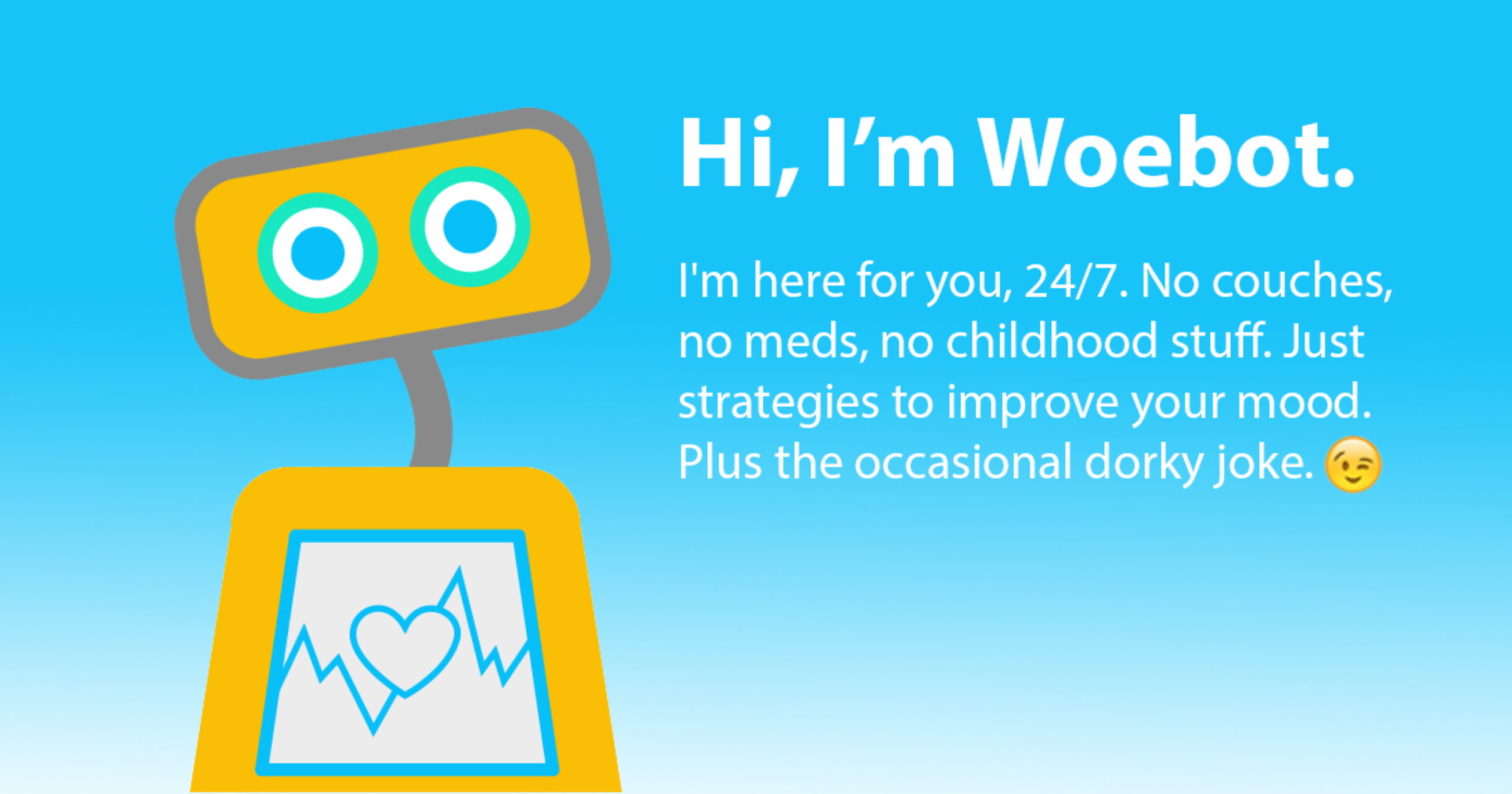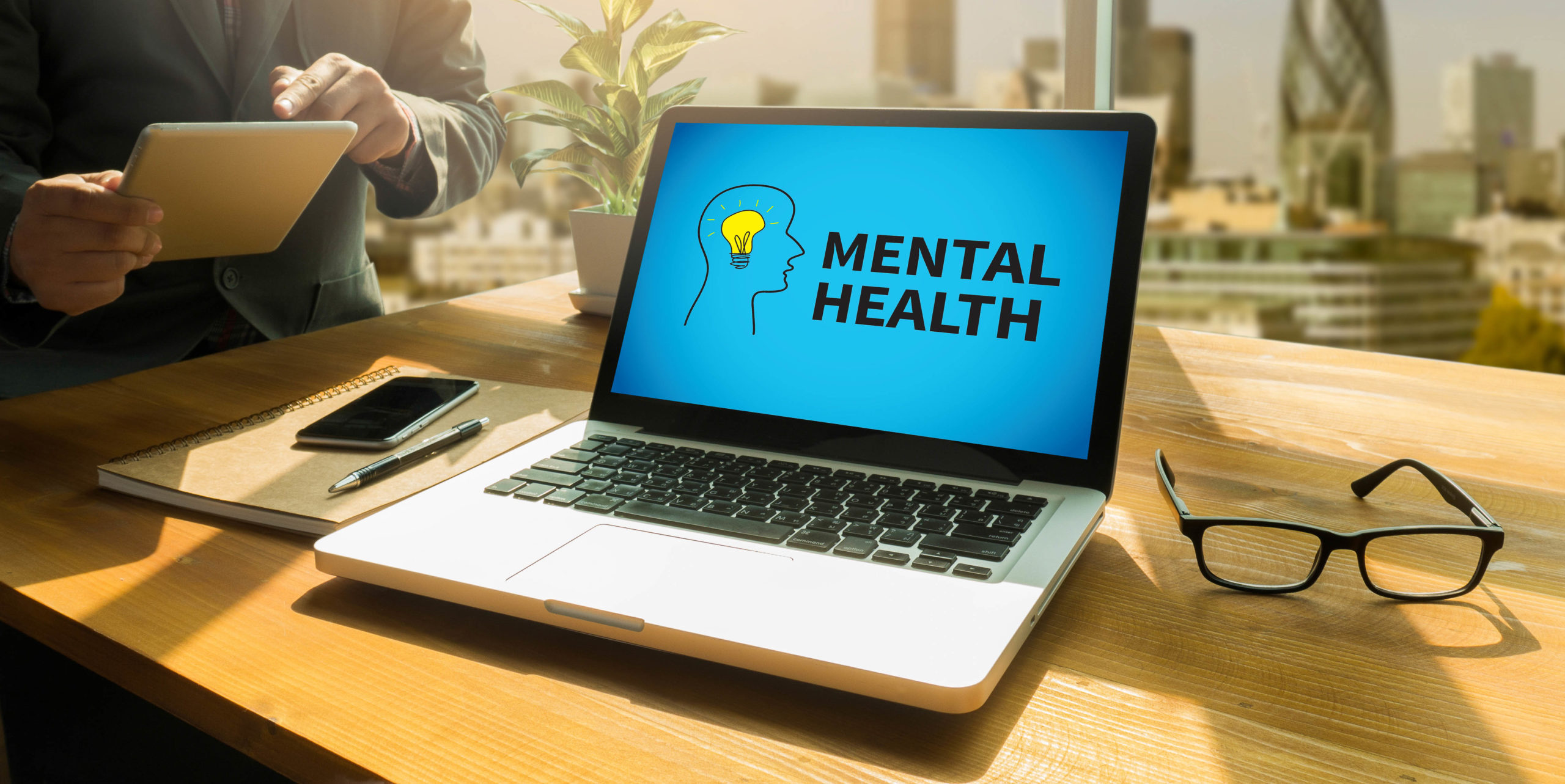Mental illness is rising at an alarming rate in America and across the globe. Despite the wave of cultural awareness surrounding mental health and self-care, one in five Americans suffer from mental illness, according to NIMH. This can range from anxiety, depression, and emotional disorders, to schizophrenia, bipolar disorder, and other serious mental illnesses. WHO tells us that someone dies of suicide every 40 seconds across the globe. Unfortunately in the U.S., the already overburdened mental health system may not have enough psychiatrists and social workers to meet demand in the coming years.
A new trend in tech may help turn the tide against the inflating mental health crisis. Artificial intelligence, already popular in the medical device arena, is not only being leveraged to help doctors diagnose mental illness, but to provide 24/7 therapeutic help for those without access to a professional, and identify those with a high potential for risky behavior or suicide right from their homes.
Diagnostics
Machine learning AI algorithms are already being taught to analyze physical signs of mental illness that even an experienced human psychiatrist might miss. Since patients have a limited time with clinicians due to shortages in time and access, and because it takes time to build rapport with patients before they reveal the extent of their challenges, having an AI helping with diagnostics may revolutionize the field.
AI devices can scan small body cues, such as how wide someone opens their mouth as they speak, the tone of their voice, and what direction they look in when they speak. Finding these patterns of behavior is only useful if they can be compared to information already available, so the more data gathered by human psychiatric clinical trials, the more powerful AI becomes in quickly and efficiently detecting and diagnosing mental illness.
Apps
Like most problems today, the shortage of accessible mental health care is being combated by apps. Many use AI to help doctors check in on their patients or fill in gaps for patients when they can’t see a professional. This is an important step towards protecting those who are vulnerable, as it is proven that checking in with patients who are suicidal or in mental distress can keep them safe.
 Apps like Woebot use AI algorithms to analyze how a patient is speaking when texting to a chatbot. Based on cognitive behavioral therapy techniques, the chatbot can connect with a person and help them calm down in moments of crisis all while analyzing things such as word choice to flag if the patient is at risk. While this type of AI still has much to learn, there are a number of free or affordable apps that use the same principles to help those who cannot afford to see a professional. Many people find it easier to disclose personal struggles to a bot which, can in turn give them tips for dealing with distress.
Apps like Woebot use AI algorithms to analyze how a patient is speaking when texting to a chatbot. Based on cognitive behavioral therapy techniques, the chatbot can connect with a person and help them calm down in moments of crisis all while analyzing things such as word choice to flag if the patient is at risk. While this type of AI still has much to learn, there are a number of free or affordable apps that use the same principles to help those who cannot afford to see a professional. Many people find it easier to disclose personal struggles to a bot which, can in turn give them tips for dealing with distress.
With further data, AI can scan social media sites to flag those who are high risk for suicide or scan brain images and compare them to confirmed cases of schizophrenia and other disorders to help diagnose illnesses more quickly and accurately. With proper research, the possibility for AI to meet the needs of those suffering with mental health issues grows exponentially.







